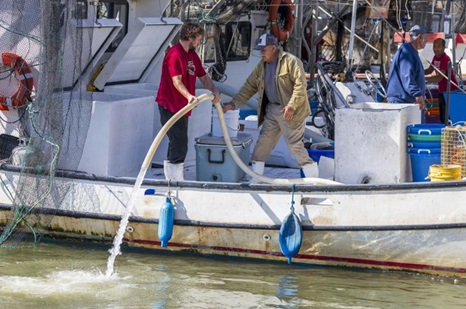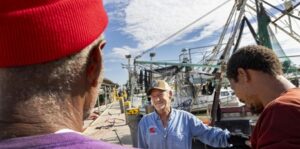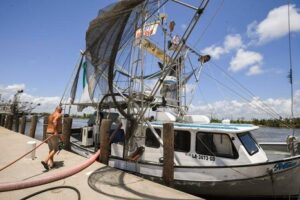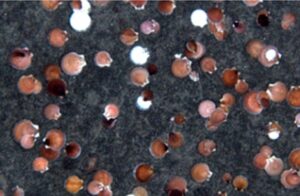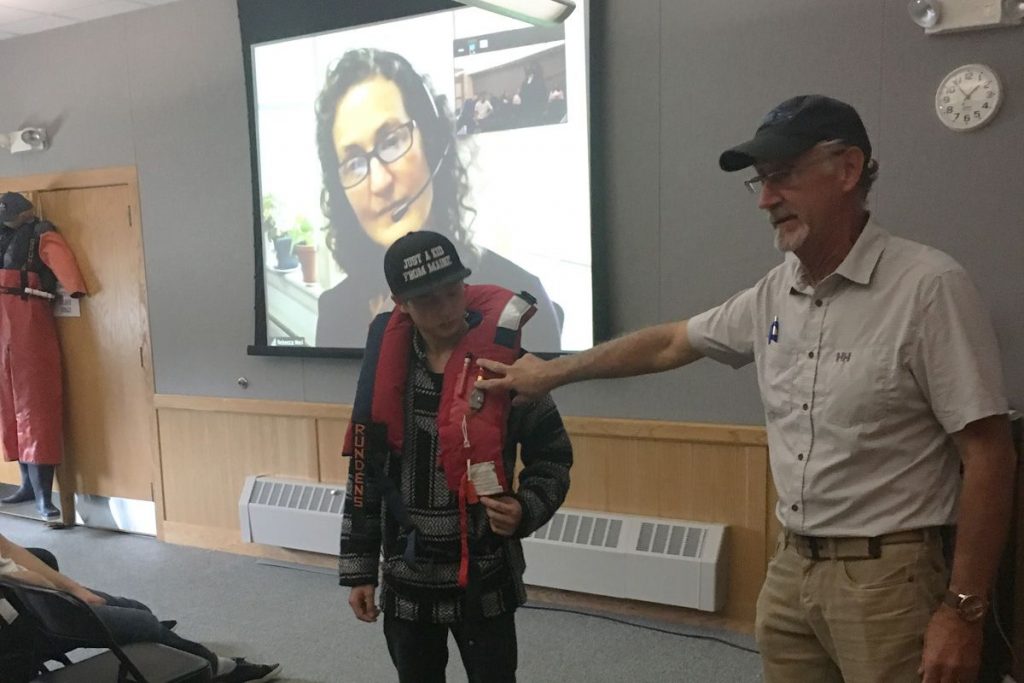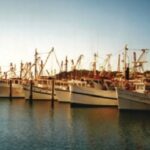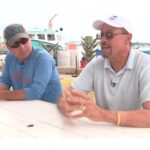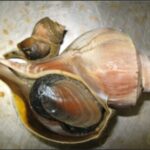Tag Archives: Mitch Jurisich
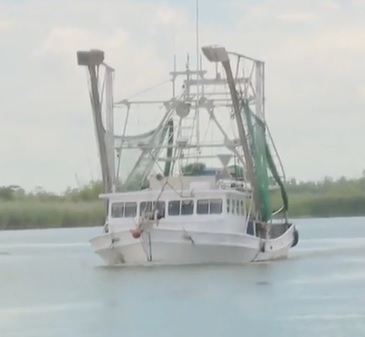
‘I don’t know where the breaking point is at’: A look at the threats the Louisiana seafood industry faces
Whether it’s crawfish, crabs, fish, shrimp or oysters, Louisiana is known for its seafood. The seafood industry is one of Louisiana’s largest employers. But the Louisiana seafood industry is threatened. “We are accountable for one-third of the seafood in this country. That’s something to be proud of,” said Mitch Jurisich, the chairman of the Louisiana Oyster Task Force and a third-generation oyster farmer. “But the industry, it seems like we’ve been under attack for several years now.” Those we talked to in the shrimp and oyster fishing business say there are problems gripping the seafood industry, including price, government projects and natural disasters. Let’s start with the price. Video, >click to read/watch< 21:44
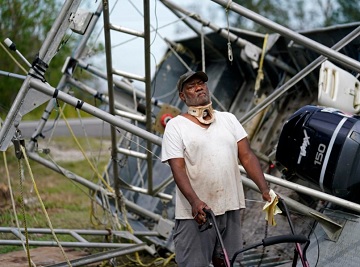
After Hurricane Ida: Louisiana’s struggling seafood industry is teetering
The Category 4 hurricane that struck Louisiana late last month fractured some parts of the industry even worse than 2005’s Katrina, which cost seafood businesses more than $1 billion. No one yet knows how many boats, docks and processors were lost because of Ida’s relentless, 150-mph winds. Vessels that made it to the safest harbors fared the best, yet even some of them were destroyed by the storm’s fury. Unable to speak for a decade since cancer surgery, Dale Williams gets by on disability payments of $1,300 a month. Living in a mobile home at Port Sulphur on the west bank of the Mississippi River, he supplements his income by catching shrimp with a little boat he parked in his front yard for Hurricane Ida. Ida’s Category 4 winds flipped Williams’ trawler on its side, bending the frame and tearing nets,,, The goal is to get back on the water by October, he said, either with the damaged boat or another one that fared better. >click to read< 10:44
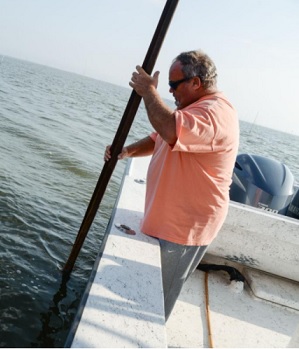
Massive, unexplained bivalve die-off sends many Louisiana oystermen back to square one
Mitch Jurisich, a third-generation oysterman, dropped a long pair of oyster tongs into the Gulf of Mexico and lightly raked the water bottom. When he brought up his catch, all but one were dead. The more resilient hooked mussels, typically found clustered along the area’s oyster reefs, had suffered the same fate. The stench of rotting bivalves filled the air. “That’s the smell of death,” Jurisich said. Early this month, millions of pounds of oysters in leases that line Plaquemines Parish’s west bank were found dead, their mouths agape. It’s unclear why. >click to read< 10:15






